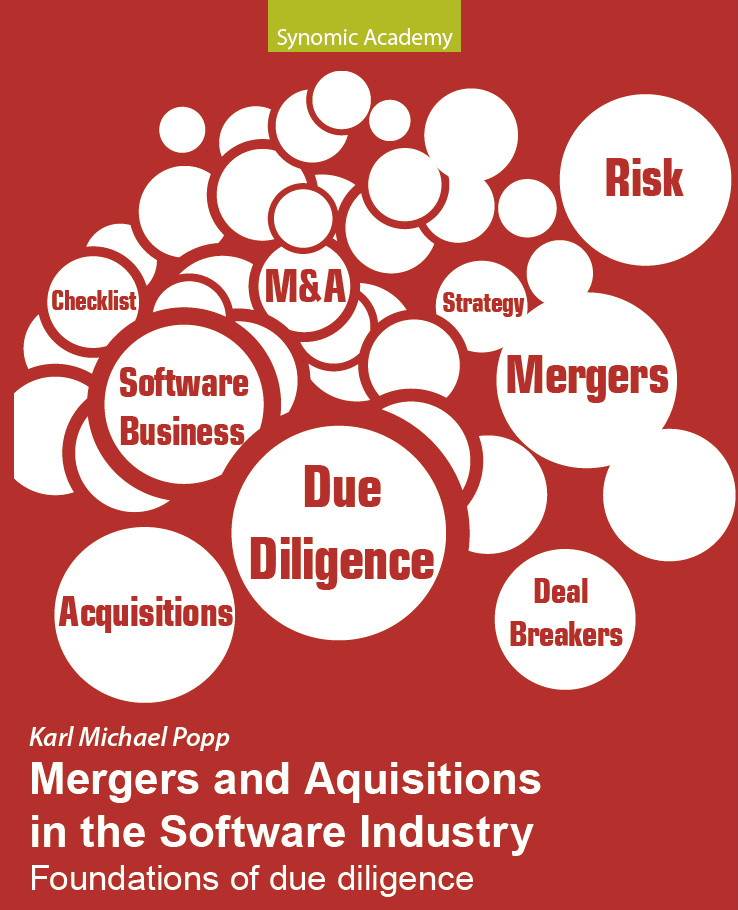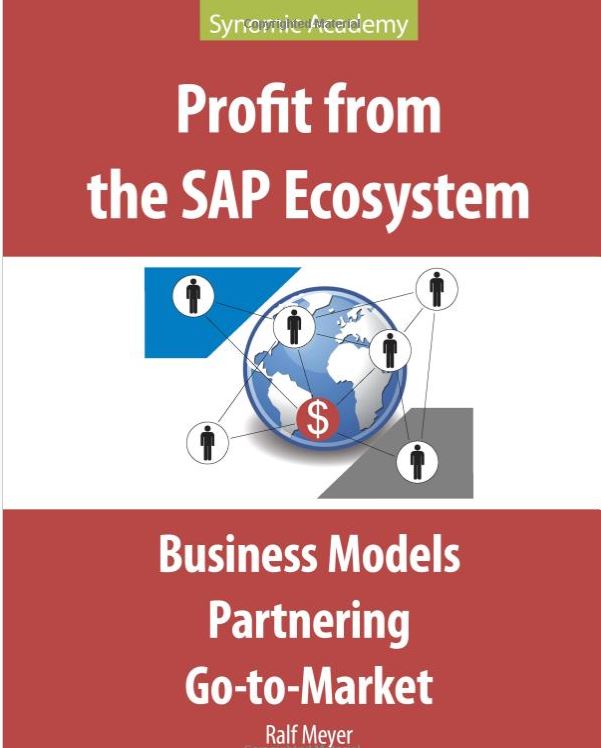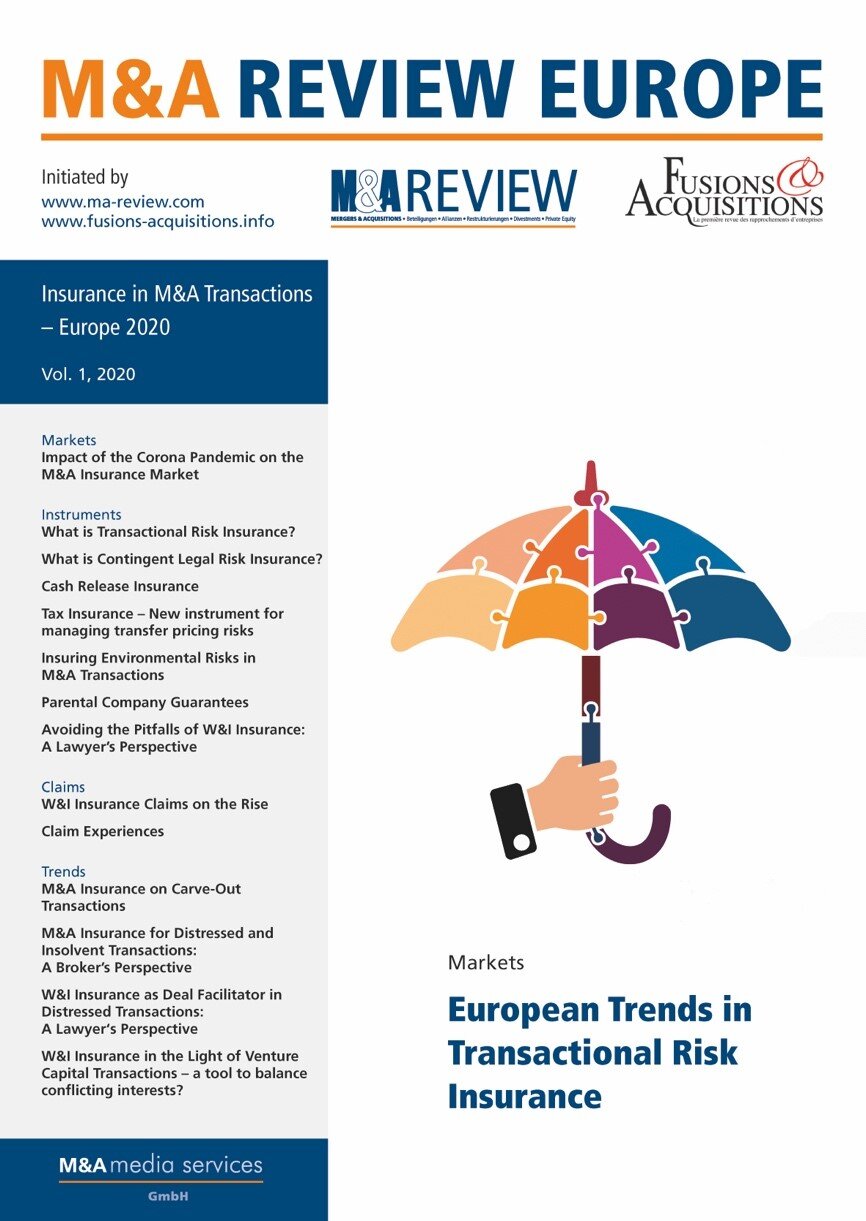Which types of bias occur during negotiations in mergers and acquisitions?
This blog is in the Top 25 M&A blogs worldwide according to Feedspot
Negotiations within mergers and acquisitions (M&A) encompass intricate and pivotal processes that are susceptible to various forms of bias. These biases have the capacity to influence decision-making, valuation, and the overall efficacy of the transaction. It is imperative for all stakeholders engaged in M&A negotiations to recognize the potential biases that may emerge and implement measures to mitigate their impact. Presented below are several prevalent biases that manifest during M&A negotiations:
1. Anchoring Bias: This bias materializes when negotiators become fixated on initial information, such as the first proposal, and subsequently make adjustments based on that initial reference point. Failure to acknowledge and rectify this bias can result in suboptimal outcomes.
2. Confirmation Bias: Negotiators may exhibit a tendency to actively seek information that validates their existing notions while disregarding or minimizing information that contradicts their beliefs. This behavior could lead to the oversight of crucial details or the dismissal of alternative viewpoints.
3. Overconfidence Bias: Entities participating in M&A negotiations may overvalue their own competencies or the worth of their assets, leading to inflated expectations and potentially detrimental choices.
4. Framing Bias: The presentation of information can significantly impact decision-making processes. Negotiators should exercise caution in how information is presented to prevent being swayed by superficial or misleading representations.
By identifying and confronting these biases, negotiators can strive for more well-informed, equitable, and successful M&A negotiations. Awareness of these potential pitfalls can assist all parties involved in the M&A process in making more lucid, reasoned decisions founded on the genuine value and potential of the transaction.
Like my thoughts? READ MY NEW BOOK
ORDER AT AMAZON
ORDER IN GERMANY









